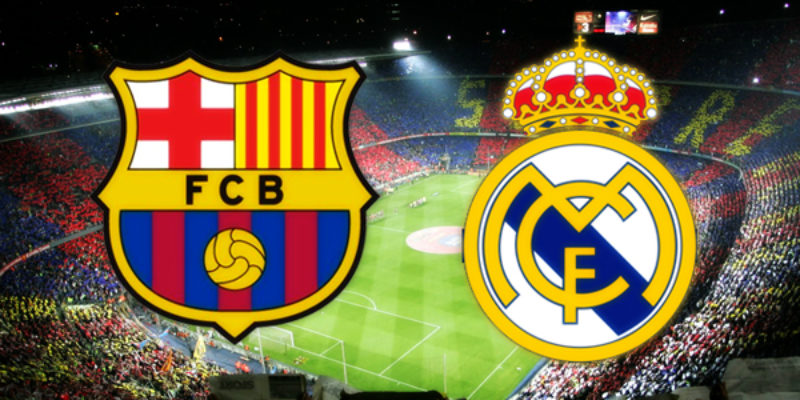It’s Clásico time again, when the two biggest football club teams in the world, F.C. Barcelona and Real Madrid C.F., come face to face in their twice yearly encounter for supremacy in La Liga. An estimated half a billion people around the globe will watch the game and it’s a good time perhaps to reflect on how, even though the game is very much a domestic affair, Spanish football has always been heavily influenced from abroad.
And we’re not just talking about the number of foreigners who have played in the league over the years. We can trace this foreign influence all the way back to the origins of the game in Spain. The game was introduced to the country in the late 19th century by a combination of mostly British immigrant workers, visiting sailors and Spanish students coming from Britain. Recreativo de Huelva, the oldest club in the league, was founded by two Scots, overseas workers in the Rio Tinto mines. And the big two can also trace their origins back to foreign founders. Real Madrid’s origins go back to when football was introduced to Madrid by the academics and students of the Institución Libre de Enseñanza, which included several Cambridge and Oxford University graduates. And F.C. Barcelona’s founder was a Swiss, Hans Gamper, with several Englishmen in support.
As a result, English nomenclature is common among some of Spain’s oldest clubs: Athletic Bilbao, Sporting Gijón, Racing Santander to name but a few (whereas other clubs have adopted Spanish versions these English terms – Atlético Madrid, Deportivo La Coruña). The indelible print left by the British on Spanish football goes even deeper into the vocabulary of the game. When a Spanish commentator apoplectically screams “Goooooooooooollllll!!!!” what he’s really saying is just a Hispanicized version of the word “goal”. Although there are perfectly acceptable Spanish substitutes for other football jargon, most fans would still say “córner”, “penalti”, and of course “fútbol”. Although, believe it or not, “balompié” is a valid translation and is even used in the full name of one of Seville’s main clubs: Real Betis Balompié. Of course, most of these words come directly from English, where they have meanings outside of the world of football. But in Spain they have been appropriated only in a footballing context. So, in effect, they are now purely Spanish words.
One can only imagine what might have been had things been the other way around. In Britain, they might be talking about Manchester Unido, Celta de Glasgow or Vagabundos de Wolverhampton. But somehow that just doesn’t seem right. Can you come up with any others?

